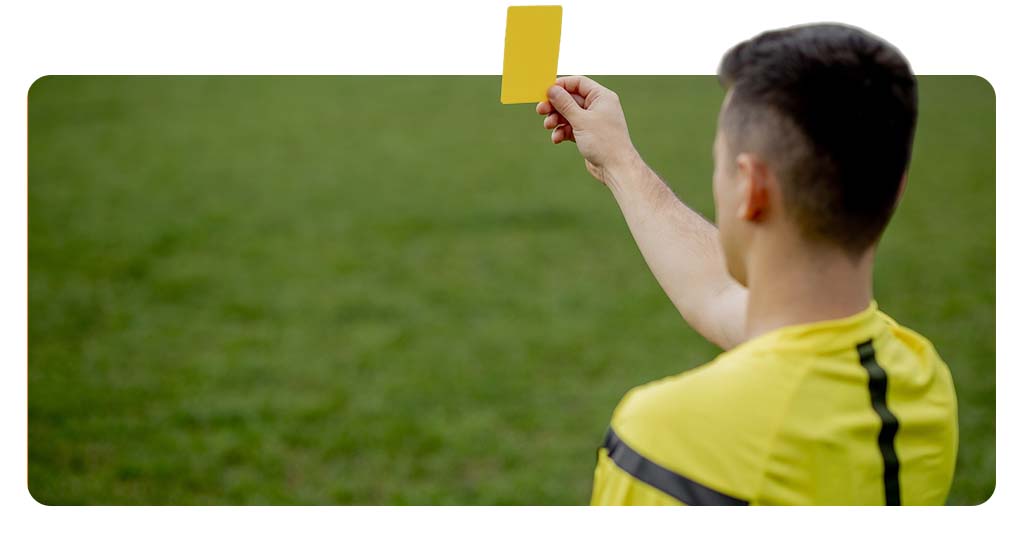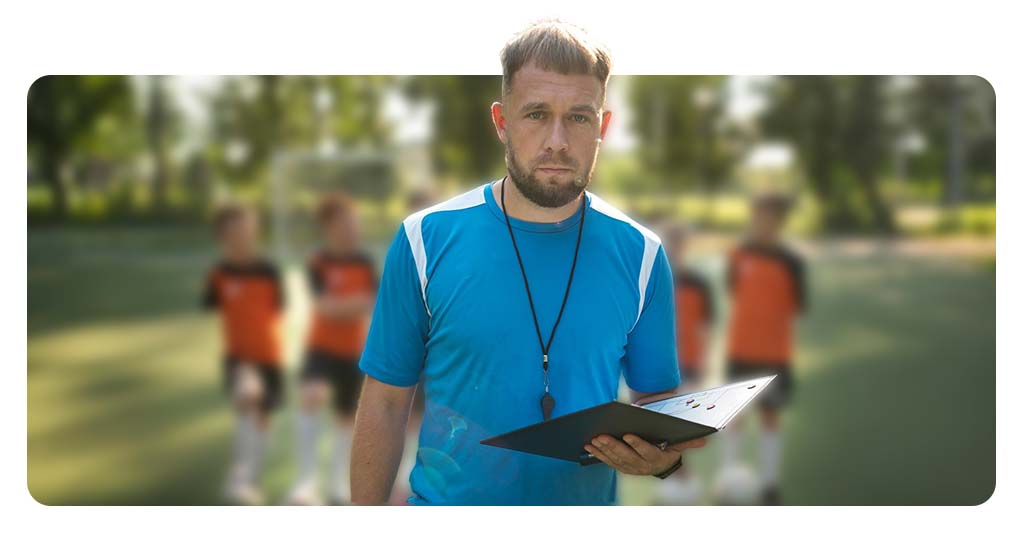Soccer Referee Certification opens doors for those who want to officiate the game at every level, from youth matches to international tournaments.
With structured training, clear advancement paths, and growing demand across leagues, becoming a certified referee has never been more accessible.
This Insiderbits guide walks you through the process, from your first badge to the latest technology shaping the future of officiating.
Everything About Soccer Referee Certification in the US
The process of obtaining a Soccer Referee Certification in the US starts with enrolling in a grassroots referee course sanctioned by the U.S. Soccer Federation, the official governing body for referees at all levels in the country.
To qualify for entry, candidates must be at least 13 years old and willing to commit to both theoretical and practical learning modules.
The course includes an online portion that covers the updated FIFA Laws of the Game, video analysis of match situations, and safety protocols.
After completing the online curriculum, applicants must attend a field session.
This session can be done either in person or virtually, where they learn signaling techniques, referee positioning, whistle usage, and communication with assistant referees and players.
Upon successful completion, participants receive their official badge and may begin officiating sanctioned youth matches, usually in recreational or local league settings.
Moreover, progressing beyond the grassroots level requires more rigorous steps, such as passing annual recertification courses, undergoing match evaluations by certified assessors, and completing advanced training modules.
As referees gain experience, they may pursue regional or national badges, which open doors to collegiate tournaments, state cups, and higher-level youth competitions.
To reach the elite tier, such as National Referee status or the FIFA International Panel, candidates must demonstrate years of consistent high-level performance, physical fitness, deep rule comprehension, and positive reviews from referee coaches.
Understanding this structured pathway is essential for anyone serious about long-term development, as each certification level serves as a stepping stone toward more competitive, visible, and rewarding assignments.

Physical and Mental Training for Soccer Referees
Soccer Referee Certification involves more than knowing the rules, it demands physical fitness and mental strength to handle intense match situations.
For example, referees often cover more ground than players, requiring endurance and speed to stay close to the action.
Therefore, many officials follow personalized fitness programs and are tested regularly to maintain eligibility for advanced matches.
Equally important is the psychological side.
Also, learning how to manage verbal pressure from players and coaches, staying focused under criticism, and recovering from mistakes are essential skills. Mental preparation techniques are also recommended by referee development programs.
Building physical and psychological resilience ensures referees perform with authority and composure throughout the match.
Mastering Game Management and Officiating Techniques
Beyond rule knowledge, successful Soccer Referee Certification depends on mastering game flow and interpersonal management.
Firstly, a crucial element is positioning. Referees must constantly anticipate the direction of play to maintain proximity to the ball without obstructing athletes or losing line of sight.
Being in the right place allows officials to make accurate calls and assert authority through confident body language rather than constant verbal explanations.
With experience, referees develop a sense of when to apply advantage, allowing play to continue fluidly, and when to interrupt action to reset control or protect player safety.
This balance defines match flow and impacts how players perceive fairness.
In addition, equally vital are soft skills like poise under pressure or neutral facial expressions. These behaviors help de-escalate heated situations and prevent unnecessary escalation between players, coaches, and fans.
Before kickoff, referees conduct pre-match routines that discuss communication signals with assistant referees and be mentally prepared for the specific demands of the match ahead. Effective teamwork ensures consistent decisions throughout the 90 minutes.
These techniques separate competent referees from truly effective ones who earn respect on and off the pitch.
VAR Training and Modern Soccer Technology for Referees
Modern Soccer Referee Certification increasingly involves understanding new technologies like VAR (Video Assistant Referee) and goal-line systems.
VAR is now standard in many professional leagues, requiring referees to learn its protocols and how to communicate with video teams during critical calls.
Usually, certification at this level contains video analysis drills and simulations of match-day review procedures.
Additionally, wearable technology and software such as REFSIX allow referees to track performance data like positioning, sprint distance.
These tools support professional development and help referees make data-informed adjustments to improve match control.
Keeping up with these innovations is essential for referees looking to advance and work at higher competition levels.

How Much Do Soccer Referees Earn in the US?
Understanding the earning potential tied to Soccer Referee Certification helps candidates plan their careers and set goals for advancement.
Entry-level referees working local youth matches typically earn between $15 and $50 per game.
Further, as referees move into high school and collegiate matches, fees can increase from $40 to $90 or more depending on region and league.
Professional-level officials, including those in the MLS, get paid on average $18 an hour. Although, it is possible to see some wages as high as $28.12 and as low as $7.21.
Consequently, FIFA-listed referees and those officiating major tournaments can earn significantly more, especially when travel and bonuses are included.
Refereeing may start as a part-time pursuit, but with Soccer Referee Certification and experience, it can evolve into a competitive full-time profession.
Soccer Referee Certification: How to Become a Certified Ref in the US – Conclusion
Becoming a referee is about more than enforcing the rules, it’s about leading the game with passion, confidence, fitness, and clear judgment.
With Soccer Referee Certification, candidates gain the credentials and support to officiate across every level of competition.
Today, the game needs qualified referees now more than ever and there is a clear path forward for people just starting and aiming for FIFA status.
Related: Discover the Train Effective Soccer App
Enjoyed this article? Save the Insiderbits blog to your favorites for the latest on sports certifications, training insights, and pro-level game tools!





